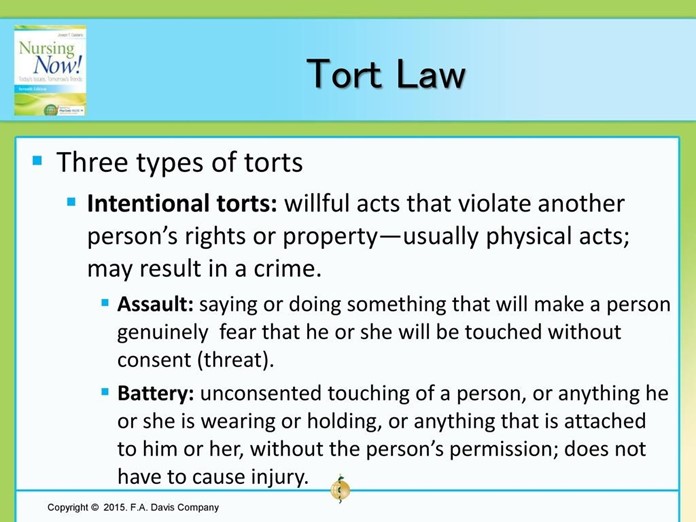A nurse is observing an assistive personnel (AP). For which of the following actions by the AP should the nurse intervene?
Logs off the computer after entering a client's intake and output totals.
Tears a document with client information in half before disposing of it in a waste basket.
Denies a request by another AP to use her password to enter client's vital signs.
Removes a clipboard with client information from the room during visiting hours.
The Correct Answer is B
The nurse should intervene when the AP tears a document with client information in half before disposing of it in a waste basket. This is because client information is confidential and should be disposed of properly to protect the client's privacy. Tearing a document in half is not sufficient to ensure that the information is protected.
Option A is incorrect because logging off the computer after entering a client's intake and output totals is an appropriate action.
Option C is incorrect because denying a request by another AP to use her password to enter the client's vital signs is an appropriate action to protect the client's information.
Option D is incorrect because removing a clipboard with client information from the room during visiting hours may be necessary to protect the client's privacy.
Nursing Test Bank
Naxlex Comprehensive Predictor Exams
Related Questions
Correct Answer is ["C","D","F"]
Explanation
Situations that can lead to a tort against a nurse include repeating a rumor about a patient's personal life in a staff meeting, telling friends something unusual about a patient that was noted in the patient's chart, and forcing a patient to take medication against their will. These actions can result in legal action against the nurse for invasion of privacy or battery.
Option A is incorrect because referring a stranger to the patient or their family for details regarding the patient is an appropriate action.
Option Bis incorrect because respecting a patient's right to refuse treatment on religious grounds is an appropriate action.
Option Eis incorrect because placing an alarm on the bed of a patient prone to falling is an appropriate action to ensure their safety.

Correct Answer is D
Explanation
When resolving a conflict with an assistive personnel (AP) who refuses a client assignment, it would be appropriate for the nurse to say "I need to talk to you about the unit policies regarding client assignments." This comment addresses the issue directly and professionally and provides an opportunity for the nurse to clarify the unit policies and expectations.
Option A is accusatory and unprofessional.
Option B may be necessary at some point, but it should not be the first response.
Option C is also accusatory and unprofessional.
Whether you are a student looking to ace your exams or a practicing nurse seeking to enhance your expertise , our nursing education contents will empower you with the confidence and competence to make a difference in the lives of patients and become a respected leader in the healthcare field.
Visit Naxlex, invest in your future and unlock endless possibilities with our unparalleled nursing education contents today
Report Wrong Answer on the Current Question
Do you disagree with the answer? If yes, what is your expected answer? Explain.
Kindly be descriptive with the issue you are facing.
